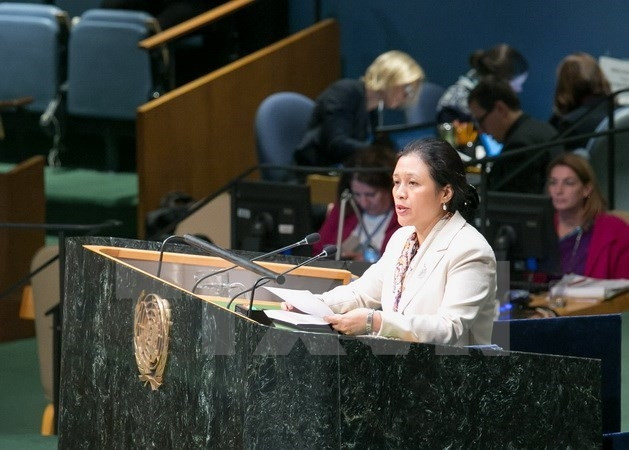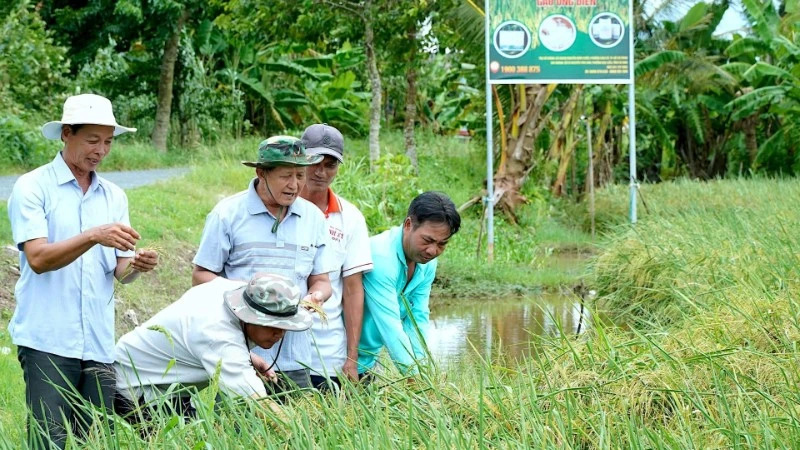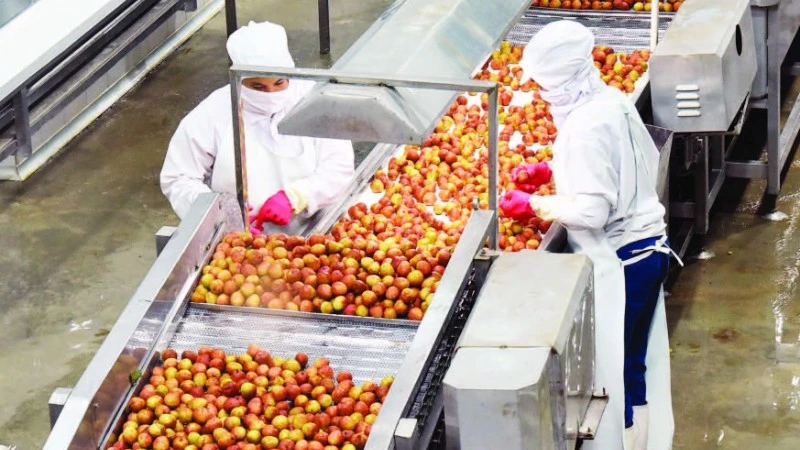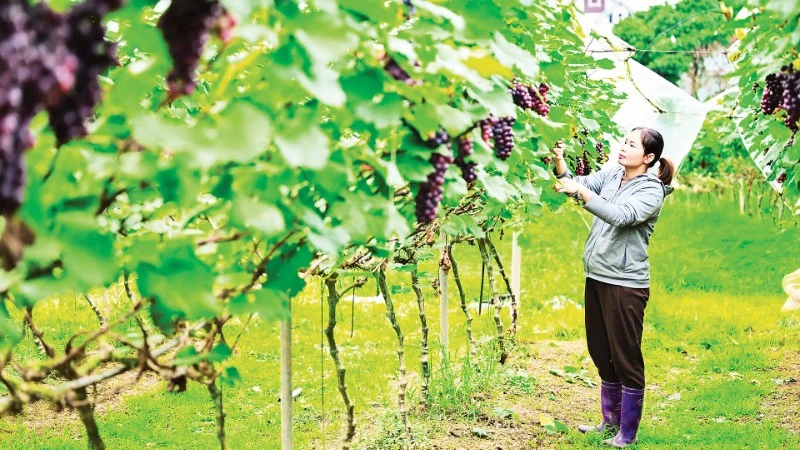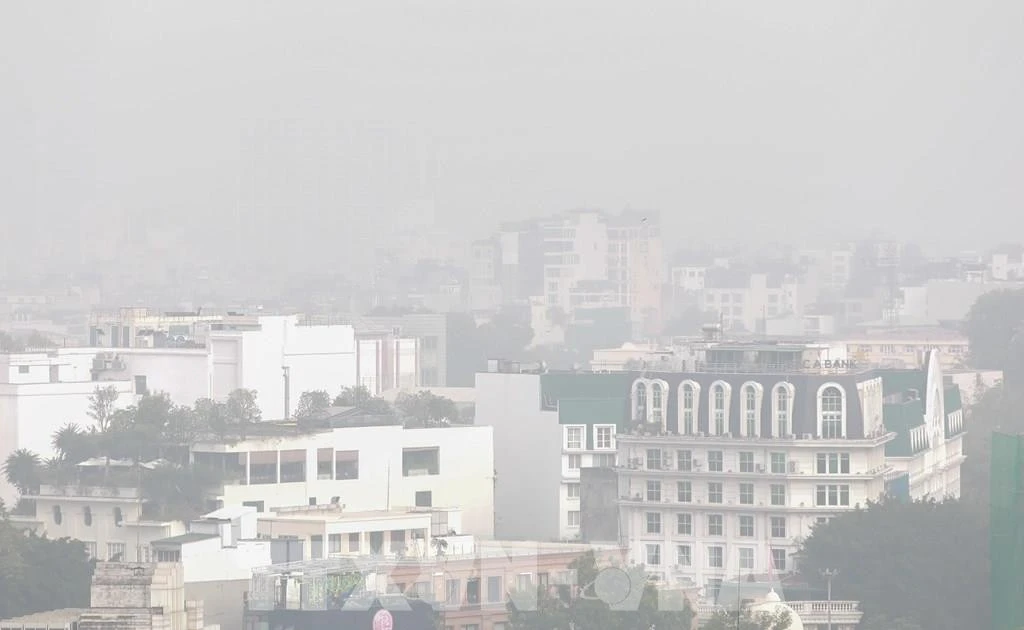She suggested launching strategies to curb demand for wildlife products, holding communications campaigns to exert influence on consumers’ behaviour and raise public awareness of the consequences of wildlife hunting and smuggling, refining laws and strengthening law enforcement to prevent wildlife product purchase, and fostering partnership at both local and global levels in the effort.
The sideline event was co-hosted by the Vietnam Mission and the Missions to the UN of the UK, Botswana, Thailand, Germany and Gabon; the Wildlife Conservation Society; the UN Office on Drugs and Crime; and the Secretariat of the Convention on International Trade in Endangered Species of Wild Fauna and Flora.
This year, World Wildlife Day took the theme “Listen to the Young Voices” to highlight that the fate of wildlife will be soon in the hands of the next generations.
UN Secretary General Antonio Guterres called on youngsters to protect their inherited assets by saving endangered species of wild fauna and flora from the verge of extinction.
According to the UN, illegal wildlife trade is the fourth most lucrative trans-national crime after drug, human and arms trafficking. It is estimated that the world loses US$48-153 billion to wildlife trade each year, compared to the annual global official development assistance worth US$135 billion.
